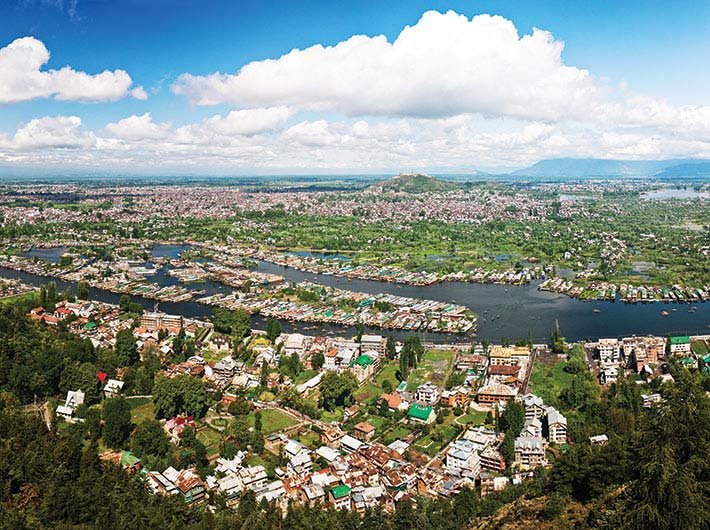Going beyond armed solutions, the need of the hour is to strengthen voices of reason in the neighbourhood
The Kashmir conundrum was never below the radar, but the Pulwama attack has once again put terrorism and foreign-aided separatism on top of the national agenda. The ghastly killing of the CRPF personnel in the suicide bombing has shocked the entire India and peace-loving people everywhere. Pakistan-based terror group Jaish-e-Mohammed (JeM) claimed it was behind the act. It’s a script that keeps repeating, and shows no signs of ending soon.
India first responded with the predictable measures – it cancelled the most-favoured nation (MFN) status for Pakistan in trade, refused visas to its sportspersons, sought to maximise the use of the Indus waters to deny Pakistan anything more than its share. Diplomatically, India-Pakistan talks have remained fruitless for long. Getting China on board for the first time in the UN Security Council condemnation of JeM was indeed an unprecedented success. Finally, on February 26, India has retaliated with its air force striking terror hubs across the Line of Control (LeT). The previous such retaliation three years ago evidently was not a deterrent enough.
Meanwhile, the talk of war is gripping the subcontinent. Anguish and grief are turning into hate and jingoism quicker in these days of social media. People are talking of the need of a permanent solution, though it is not clear what is meant by it.
What can be the proper response to this festering crisis that, even after claiming thousands of lives and ruining the lives of more than a generation, is only receding farther from a lasting solution? Diplomatically, no option remains untried, and Pakistan remains far from isolated. Surgical strikes and limited armed interventions too have limited payback, more so when full-scale wars have failed to resolve the matter. These usual options often, around the world, address the matter only superficially and temporarily.
On the other hand, what lies deep down is obvious to all – “truth and nonviolence are as old as hills” – but the path based on those values is unimaginably difficult to tread. Again, Kashmir is not a unique case. Many parts of the world have witnessed resurgence in violence, divisions, hate.
Analysts looking for a middle ground of a pragmatic way out are coming round to a consensus that the liberal order that was strengthening after World War II is breaking down in the face of economic insecurities, pushing people to seek safety in ‘tribalism’ – as witnessed in the US, the UK and elsewhere. In particular, liberalism once proposed democracy as the cure for all ills plaguing the nations but democracy has failed to deliver. Curiously, violence has found fertile ground in the gaps left behind by democracy. Terrorism, understood in usual terms, emanates from failed nations, dictatorships and groups controlled by supposedly charismatic leaders. Can a strengthened democracy succeed where diplomacy and military action have failed?
With the exception of one round of allegedly rigged elections decades ago, Kashmir has as much access to democracy as any other part of India. Granted that democracy has its defects, but they are no more in Kashmir than in other parts of the country. Nurtured well, democratic mechanisms can be used to put forward grievances and negotiate demands. Such mechanisms, however, are largely missing on the other side, where the roots of the crisis lie. In Pakistan, democracy has only been a seasonal affair, and even when people seem to have their say in selecting the ruler, that ruler rarely has a say on Kashmir. Thus, one end of the thread in this knotty matter is entirely in the hands of military bosses. Average Pakistanis, minus indoctrination, have no way to question the defence budgets that keep rising at the cost of schools and hospitals.
No matter how high India’s stakes in consolidating democratic processes in Pakistan may be, there is little Delhi can do in this area. The age of the US questionably forcing the election pill in strife-torn places around the globe is over. It is up to the concerned citizens of Pakistan to nourish liberal democracy. A permanent solution to Kashmir would be only one among its many benefits.
After the Pulwama attack, Pakistan prime minister Imran Khan had said, though it was not clear to whom: Give peace a chance. He should give full-scale democracy a chance.
ashishm@governancenow.com
(This article appears in the March 15, 2019 edition)

